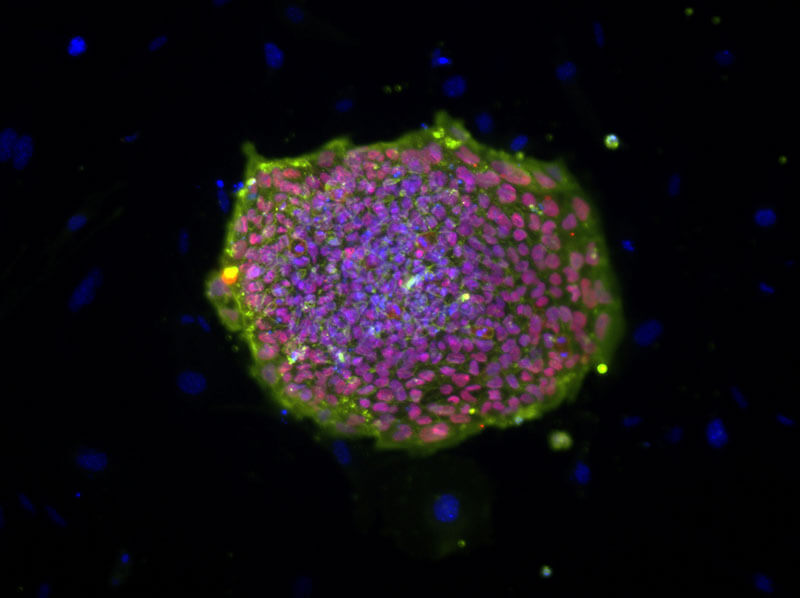
Induced pluripotent stem cells (iPSCs) present an opportunity to access specialized human cells such as neural progenitor cells and excitatory and inhibitory neurons. Thus in vitro human iPSC-derived neural cells are a key tool for defining the physical and genetic interaction landscapes and performing other studies in the appropriate cellular context for brain disorders. For example, while there are extensive PPI databases in general, the data from human brain-specific cells are quite limited. In order to generate this kind of data, affinity tag-purification mass spectrometry (AP-MS) methods can be extended to human iPSC-derived cells. This means that we generated “tagged” versions of proteins that are easy to isolate from cells. Their interaction partners tend to be recovered during this process, and we use MS to identify them. Understanding the interaction partners of a protein helps us to understand the role of the protein in the cell as well as what will be different when that protein is disrupted, as in neuropsychiatric disorders. iPSCs also provide the opportunity to perform a number of other studies (DNA binding, protein-protein interaction, genetic interaction, small molecule phenotype induction) that will help untangle the complex functional pathways that are critical in neuropsychiatric disorders. We have established our CRISPRi/CRISPRa functional genomics platform in human iPSC-derived neural cells to enable genetic screens and genetic interaction maps in these cells.